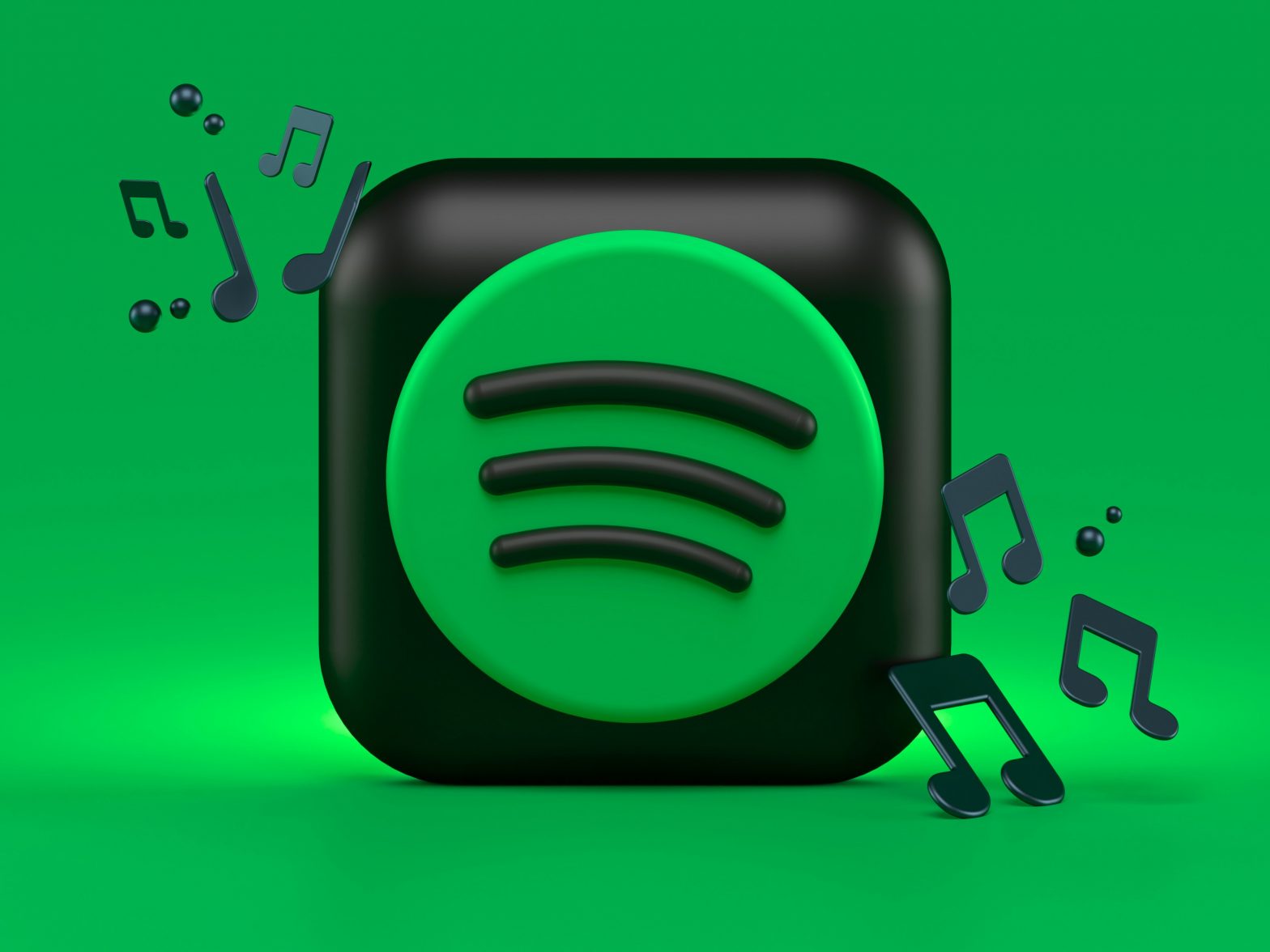India’s cultural exports are scaling new heights—this time through music. As Indian artists continue to make global waves, platforms like Spotify are accelerating this soft power shift. CNBC-TV18 reported that Spotify’s Chief Public Affairs Officer Dustee Jenkins revealed that Indian artists were discovered more than 11 billion times by first-time global listeners on the platform in 2024 alone.
Arijit Singh is now the most-followed artist on Spotify worldwide, with over 144 million followers, surpassing global icons like Taylor Swift, who had nearly 137 million as of May 5, 2025. Jenkins attributed this success to India’s vibrant artist community, growing digital access and Spotify’s localized tools and initiatives.
According to Jenkins, fifty percent of the revenue generated by Indian artists in the past year came from outside India.
Since entering the Indian market in 2019, Spotify has launched initiatives such as RADAR, which promotes emerging artists globally, and EQUAL, focused on amplifying women in music. The platform also provides creators with audience analytics through Spotify for Artists, allowing musicians to tailor content, target new geographies and even curate city-specific setlists.
Also Read: ChatGPT maker OpenAI to acquire AI coding tool Windsurf in $3 bn deal
“Music is not the same as other OTT content. Any regulatory changes must be carefully considered so as not to burden the industry or stifle its growth,” she said. Jenkins added that Spotify is in regular dialogue with the Indian government, emphasising that the current ecosystem is “working really well” and has already helped reduce piracy and improve monetisation for artists. “The last thing India would want to do is put regulatory burdens on this industry that limit opportunity,” she added.
However, the optimism comes amid ongoing discussions within the Indian government about regulating music streaming platforms. In January 2024, the Ministry of Information and Broadcasting proposed bringing music services under the Digital Media Ethics Code, currently applicable to video-based OTT platforms.
While the move is aimed at enhancing accountability, Jenkins warned that treating music streaming like video OTT could be counterproductive. She acknowledged the government’s positive steps, including the announcement of Rs 1,000 crore Creator Fund to support India’s media and entertainment sector. But she cautioned against blanket regulations that could raise compliance costs and curb creative freedom.
